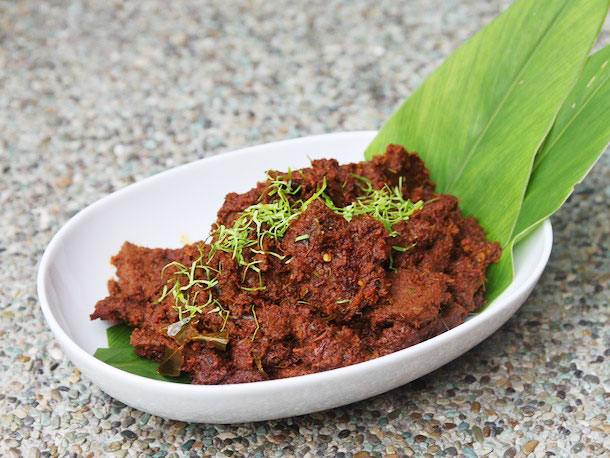
The US Plant Based Food Association (PBFA) reported growing consumer interest in vegan alternatives to traditional foods. Plant-based meat had reached sales of US$670 million in 2017, showing that plant-based food industry has gone from a relatively niche market to fully mainstream.
PBFA also adds that plant-based meat and dairy alternatives are not just for vegetarians or vegans anymore; now even mainstream consumers are enjoying delicious plant-based foods.
In the UK, sales of meat alternatives are also gaining acceptance. Major supermarkets like Tesco and Sainbury’s are offering a wider range of vegan products.
A website, www.plantbasednews.org, predicted that the global meat alternative market is set to grow over the coming years, with a market forecast predicting it will reach US$6.3 billion by 2023. It is currently valued at US$4.63 billion.
The report puts the growth down to the “increased preference for vegetarians and vegan foods” as well as changing trends toward healthy diet.
Vegetarianism by country
A posting on Wikipedia lists countries with large population of vegetarians. Some countries have strong or cultural or religious traditions that promote vegetarianism, such as in India, while in other countries secular ethical concerns dominate, including animal rights and environmental protection along with health concerns. In many countries, food labeling laws have made it easier for vegetarians to identify foods which are compatible with their diets. . A study from 2010 by ESPRI, www.espri.ie/pubs/WP340.pdf, estimated that there are 1.45 billion vegetarians of necessity and another 75 million of choice. They represent approximately 22 per cent of the world’s population. The table shows the number of vegetarians in selected countries.
| Country | Approximate number of individuals |
| India | 375,000,000 to 500,000,000 |
| China | 54,428,000 to 68,035,000 |
| Brazil | 29,260,000 |
| Japan | 18,370,000 |
| Mexico | 23,370,000 |
| US | 12,646,000 to 20,233,000 |
| Germany | 8,000,000 |
| Russia | 4,380,000 to 5,480,000 |
| Italy | 4,246,000 |
| UK | 3,250,000 |
| France | 3,300,000 |
| Taiwan | 3,297,011 |
| Poland | 3,072,000 |
| Thailand | 2,300,000 |
| Israel | 1,046,000 |
| Switzerland | 1,176,156 |
| Sweden | 969,000 |
Source: Wikipedia
Malaysian vegetarian restaurant need improvement in taste
Last week we took the opportunity to sample vegetarian dishes at a restaurant in Johor Bahru, the capital of Malaysia’s southern state, Johor. We glanced through the menu and settled for a mushroom steak, together with a bowl of rice and mashed potato. When the food came, it was not visually appetising. The mushroom steak was three pieces of fried battered mushroom, which was not tasteful at all.
The restaurant was well designed as a modern café as compared to the traditional vegetarian restaurants found throughout Malaysia. Nevertheless, there is a long way to go before Malaysian vegetarian restaurants can entice typical customers to taste vegetarian foods occasionally. In the meantime, we opt for fish burger in a McDonald.
In Malaysia, the mainly Muslim Malays are still devouring meat, such as beef and chicken. In a typical Malay function, such as wedding, meat alternative is yet being served. The beef “rendang” is always the main dish, supplemented by tomato chicken.
